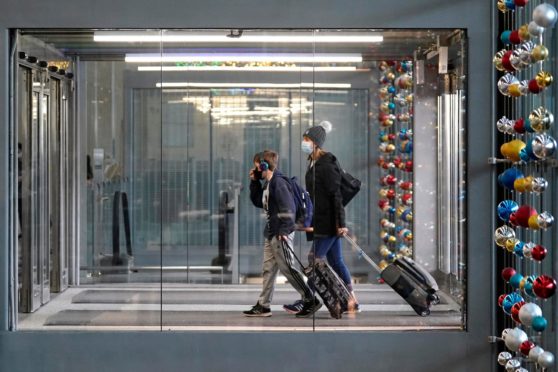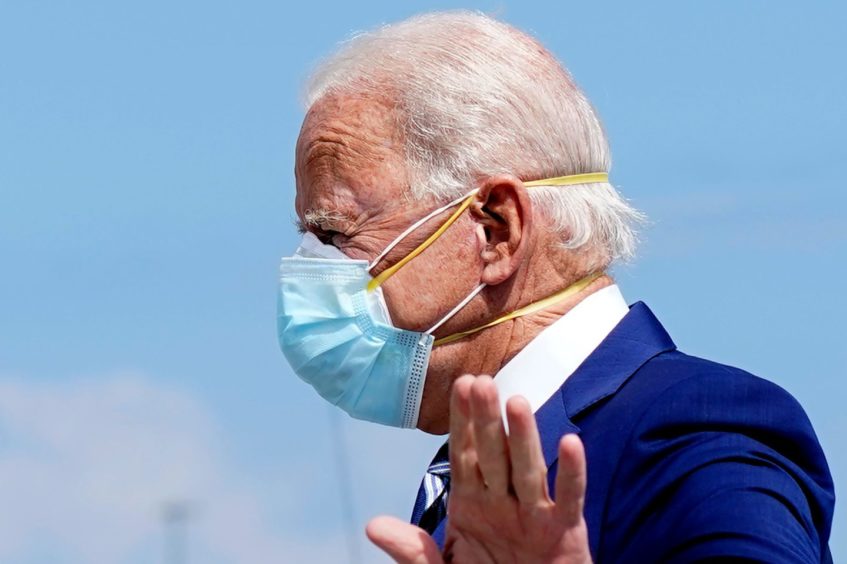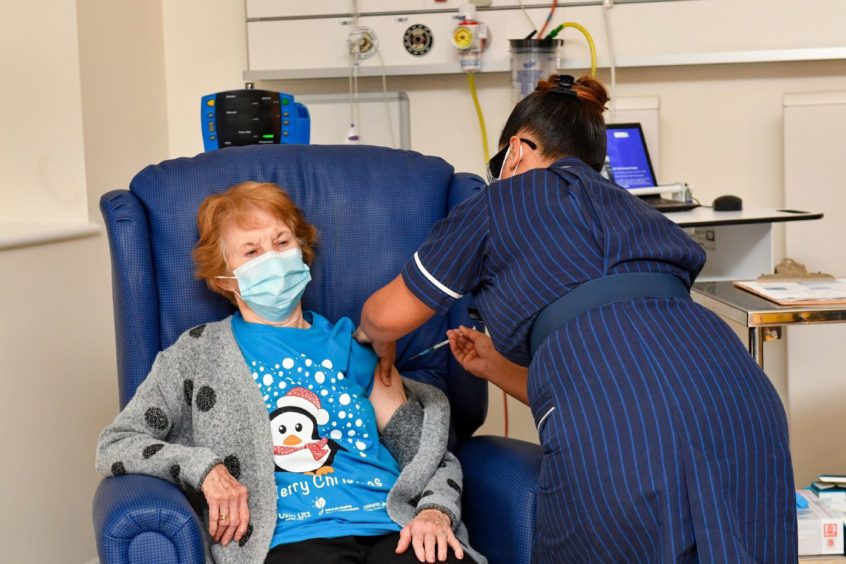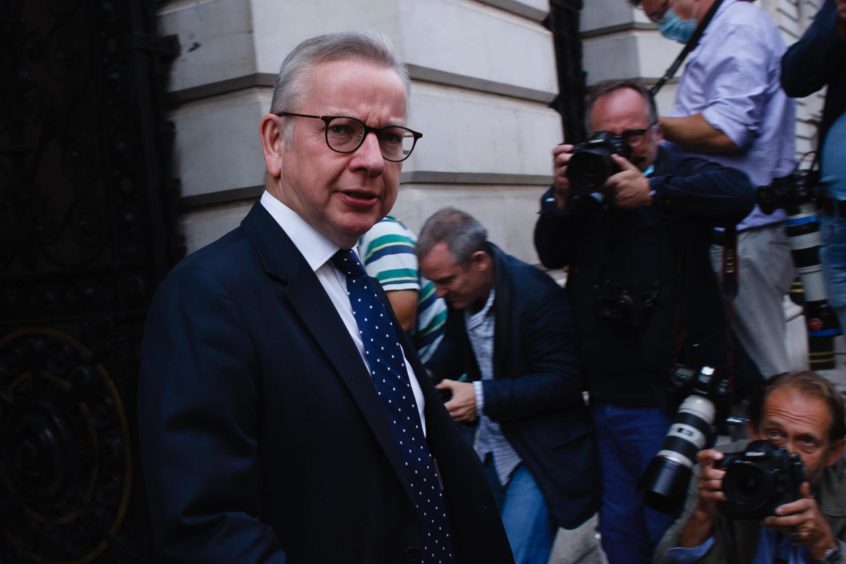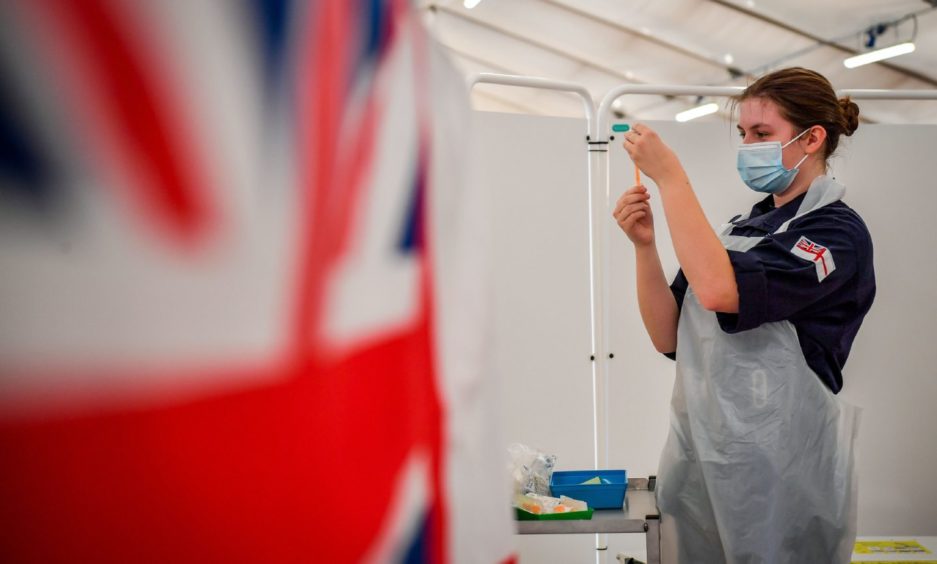UK ministers are reportedly looking into the creation of a digital vaccine passport in a bid to reopen international travel as life-saving jabs become more widely available across the world.
The issue was given fresh impetus this week with the news that the Oxford-AstraZeneca treatment appears to substantially reduce transmission of Covid-19, rather than simply preventing symptomatic infections.
Whether other vaccines will do the same remains unclear but The Times reported on Friday that a certification system is being planned by three government departments to allow travellers to visit countries that demand proof of inoculation.
Denmark has announced it will launch its own coronavirus passport by the end of the month to bolster business travel, while neighbouring Sweden will demand a negative test from visitors in a bid to curb the deadly second wave of the virus.
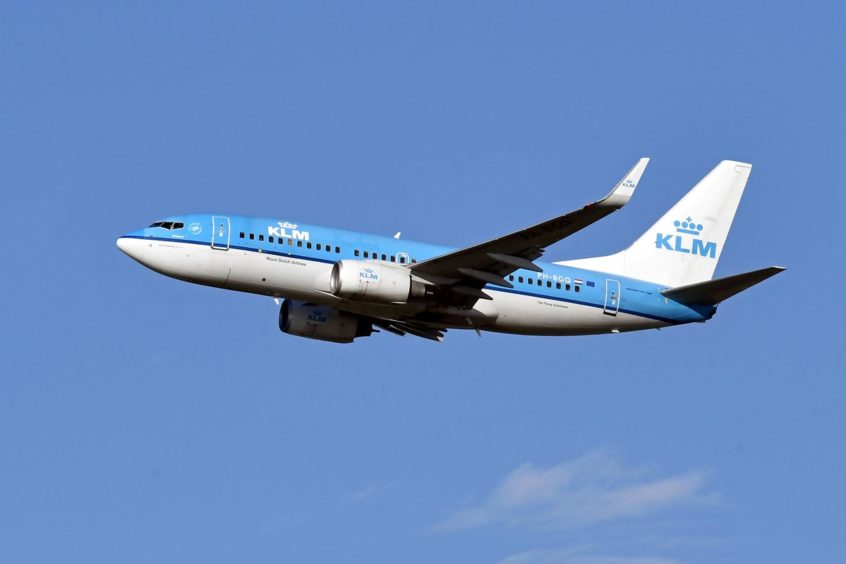
Sweden’s government announced on Thursday it plans to launch a digital passport by the summer, if there is an international standard in place by then, and Greece is also preparing to waive quarantine rules for some vaccinated arrivals.
Grigoris Tasios, president of the Greek hoteliers federation, said British travellers “will be among the safest to travel here by as early as May” because the rate of inoculations in the UK is “largely outpacing all others across Europe and beyond”.
Meanwhile, in the US, one of President Biden’s earliest executive orders was to ask government agencies to “assess the feasibility” of linking coronavirus vaccine certificates with other documents and producing digital versions.
The announcements mean the decision whether to introduce a controversial passports scheme could be taken out of the hands of UK politicians as more and more countries sign up to keep their business and tourism industries afloat.
But health officials have raised concerns over the ethics of the programmes and how effective they are at keeping the virus under control across borders.
‘Completely unacceptable’
Dr Clare Wenham, assistant professor in global health policy at the London School of Economics, argued introducing vaccine passports in the UK would be “completely unacceptable” ethically.
“I just think we’ve got to think about the equality in this,” she told the BBC’s Good Morning Scotland programme.
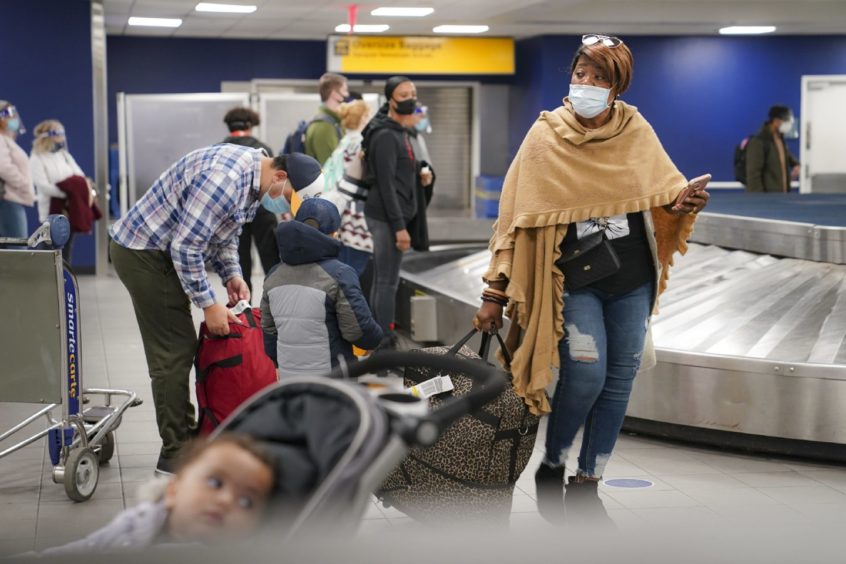
“For example, we know there are some people who won’t be able to get vaccinated due to whatever allergies they might have, and so they might then be precluded from participating in public life or going to certain places or going on airlines, whatever it might be, if they don’t have the vaccine.
“And then that is also going to have an impact on people who aren’t going to be able to get the vaccine for some years.
“We know through distribution patterns it’s going to be a number of years for some parts of the world to get vaccines, so they’re going to be limited in their ability to travel until then and that seems grossly unfair.”
A fine balance
Dr Wenham also raised concerns about how detailed any passport would need to be given the evolving set of global variants and the range of vaccines on offer around the world, all of which have different levels of effectiveness.
“I think the other part is: how detailed are these going to be because if, for example, we know that some vaccines might have greater ability to protect against particular variants, are we going to list exactly which vaccine you’ve had and when?” she said.
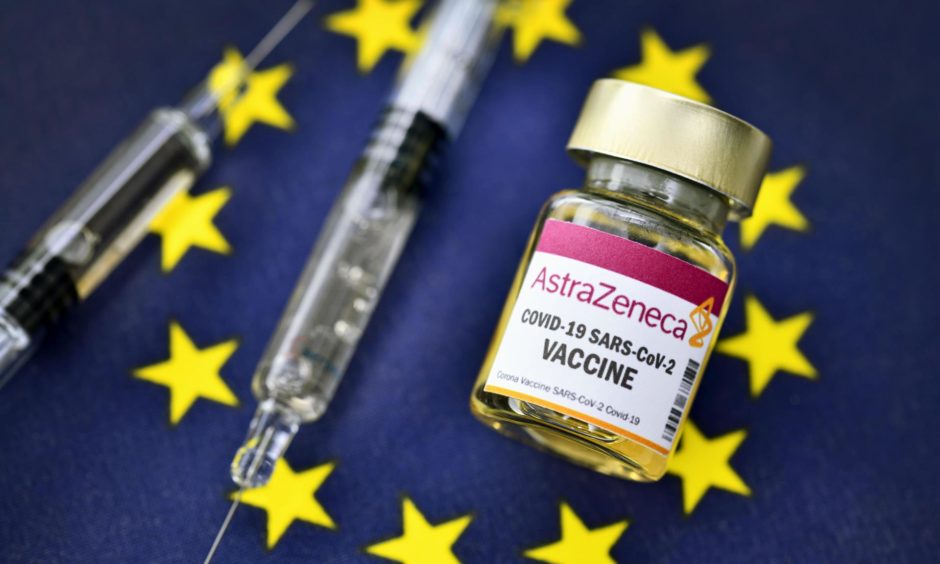
“And that then might lead to people saying that if you’ve had the AstraZeneca one, you can come on our plane, but not if you’ve had the Pfizer one.
“That’s something that’s out of our control and might just get very, very complicated and penalise certain groups of people.”
Dr Wenham argued there is a “fine balance” to be struck and warned working-age people, who are among the most active in the economy, may be unable to get the vaccine for some time and so could be precluded from certain activities.
I certainly am not planning to introduce any vaccine passports and I don’t know anyone else in government (who is).”
Michael Gove
Senior UK ministers have talked down the prospect of vaccine passports in the past but countries in Asia and the Pacific, in particular, have expressed their determination not to let hard-won gains against the virus evaporate as travel reopens.
In Australia, Alan Joyce, the boss of Qantas – the country’s largest airline – said that once a virus vaccine becomes widely available, his carrier will likely require all passengers to use it before they can travel abroad or land in Australia.
South Korea’s largest airline, Korean Air, and Air New Zealand have publicly stated their belief that some kind of proof of vaccination will be required because governments are likely to set it as a condition for lifting quarantine requirements.
Etihad Airways and Emirates will start using a digital travel pass, developed by the International Air Transport Association (IATA), in the coming weeks, and Saga has stated all passengers on its 2021 holidays or cruises must be fully vaccinated.
The IATA pass is just one of the many programmes being worked on around the world, with IBM also developing a system using temperature checks, virus exposure notifications, test results and vaccine status to allow access to public spaces.
Cabinet Office minister Michael Gove said in December he was “not planning” to introduce vaccine passports in the UK, although businesses would be able to “make decisions about who they will admit and why”.
Plumbing firm Pimlico Plumbers has already said it will require workers to be vaccinated, and may refuse to keep on those who don’t comply, although whether such a move is legal has been hotly disputed.
UK Government officials have reportedly told the Greek Ministry of Tourism that Britain’s vaccination process is so advanced that an influx of British holidaymakers this year will be able to save their lucrative summer season.
The pace of the UK’s vaccine rollout and the jabs used could also give British holidaymakers a distinct advantage, with concerns about the efficacy of treatments such as the Russian Sputnik jab, which has not yet completed phase three trials.
Former prime minister Tony Blair, who has become one of the strongest public advocates for introducing vaccine passports in the UK, has called on Boris Johnson to use the G7 to push for a global scheme.
Gold standard
Mr Blair told The Telegraph that passports should be digital and capable of tracking an individual’s coronavirus “status” wherever they are in the world, including details of any vaccinations and test results.
He warned it was “inevitable” that such schemes would be brought in and while this could lead to inequalities between individuals and nations, he argued this should be confronted now during the UK’s “fortuitous” presidency of the G7.
Vaccine passport schemes have already emerged in the middle east and Asia, and Mr Blair said setting a uniform “gold standard” would help ensure the safe reopening of borders and aid economic recovery around the world.
